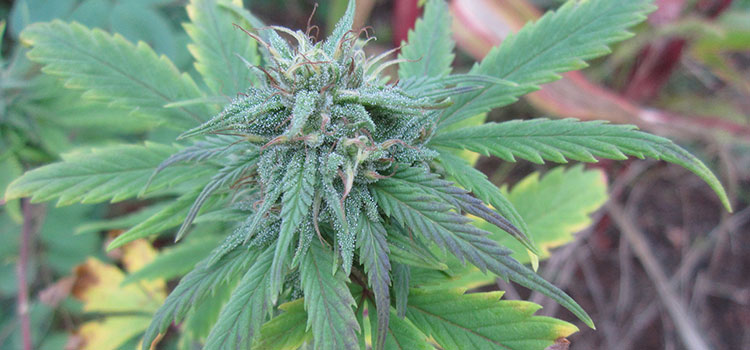Medical marijuana is old news in most of the United States. As we look forward at the continuing progress of marijuana-related legislation in our country, the discussion is largely about legalizing the plant for recreational use, rather than for medical use. But despite the majority of Americans’ comfort with and recognition of the medical benefits of marijuana use, normalizing medical marijuana is still a hot topic among federal lawmakers.
Despite being legal for medical use in all but ten states, marijuana is still classified as a Schedule I controlled dangerous substance by the federal government, which has slowed and even halted relevant research. But this is rapidly changing. We are currently looking at the end of medical marijuana prohibition in the United States – and here’s why.
It’s Impossible to Ignore the Success Stories
As more and more stories about patients, such as Genny Barbour of New Jersey, successfully treating their symptoms with medical cannabis products are published, it is becoming increasingly difficult for lawmakers to continue to support bans on the development of cannabis-based drugs and treatment programs.
The Rohrbacher-Farr Medical Cannabis Amendment
This amendment to the Commerce, Justice, Science, and Related Activities (CJS) bill essentially made it illegal for the United States Department of Justice to allocate funds to the prosecution of legal medical marijuana users and providers.
The Public Health Services Required Review for Marijuana-Related Projects is Gone
This summer, the Office of National Drug Control Policy (ONDCP) officially abolished its mandatory review of all marijuana-related research projects. Previously, this review period was a significant obstacle for all researchers who wanted to develop projects to study cannabis and its possible uses. Without this review in place, research can now happen faster.
Federal Medical Agencies Recognize Medical Marijuana’s Benefits
Today, the Federal Drug Administration (FDA), the National Cancer Institute (NCI), and the National Institute on Drug Abuse (NIDA) all agree that marijuana use can have benefits for patients suffering from cancer and other diseases. This is a dramatic shift from just a few short years ago, when all of the federal agencies toed the line that cannabis does not have any valid medical uses.
The CARERS Act is Poised to Change How We Govern Medical Marijuana Use
All of this information leads to what will be the greatest act of medical marijuana reform of the decade: the Compassionate Access, Research Expansion, and Respect States Act (CARERS). This bill, sponsored by Senators Cory Booker, Rand Paul, and Kirsten Gillibrand as well as Representatives Steve Cohen and Don Young in the House of Representatives, includes the following proposals:
– Removing marijuana from the list of Schedule I substances.
– Allowing doctors working with the Department of Veterans Affairs to prescribe medical cannabis to patients in states that allow it.
– Giving companies working in the medical marijuana field access to secure banking.
– Allowing state-level medical marijuana programs to continue to operate without fear of federal intervention.
These proposed law changes, among the others included in the CARERS Act, will cement medical marijuana as a legally-recognized medical treatment option for thousands of patients and doctors across the United States.
Photo Credit: MarihuanayMedicina
Get daily cannabis business news updates. Subscribe
End



